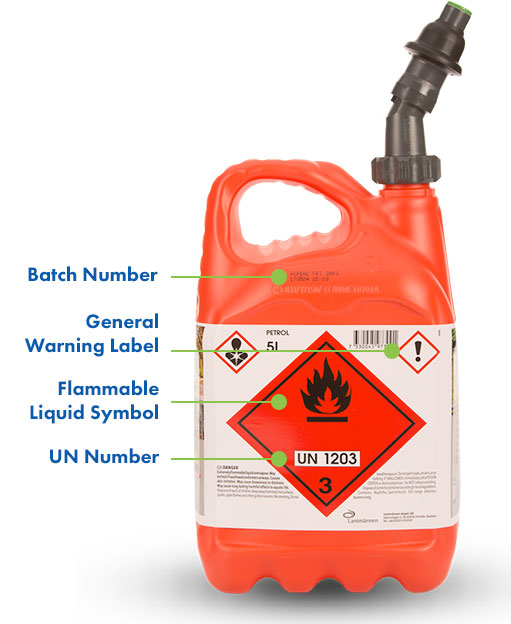From time to time people question why we use plastic containers. They wonder if it really is environmentally friendly. Below we have tried to explain why it is the best alternative.
What happens to the empty containers?
When incinerated, all that the polyethylene in our containers forms is carbon dioxide and water.
Is there any alternative packaging?
- The regulations on dangerous goods (ADR) set requirements on the containers’ strength, which means that we cannot make them as thin as we like.
- Using metal packaging as an alternative would have been heavier per unit of liquid (more energy consumption in transportation) and would also have been more energy-intensive to produce.
- Using glass would not have been sufficiently strong.

What has Aspen succeeded in improving?
- We have gradually reduced the amount of plastic in our 5- litre containers by a total of about 35 percent in 10 years. We have gone from 380 grams to today’s container which has a plastic content of 250 grams.
- We have reduced our usage of non-rigid plastic for packaging of empty containers in our production by about 10 percent through automation and changes in handling.
What is going to happen in the next few years in terms of Aspen’s use of plastic?
At present we see no alternative to plastic containers, however it is possible that bioplastics will be an alternative to traditional plastic material in the future. In recent years developments within this group of materials have been shooting forward. Together with the packaging industry we are following these developments with great interest. Perhaps in a few years’ time we will be able to use packaging that partially consists of bioplastic!
